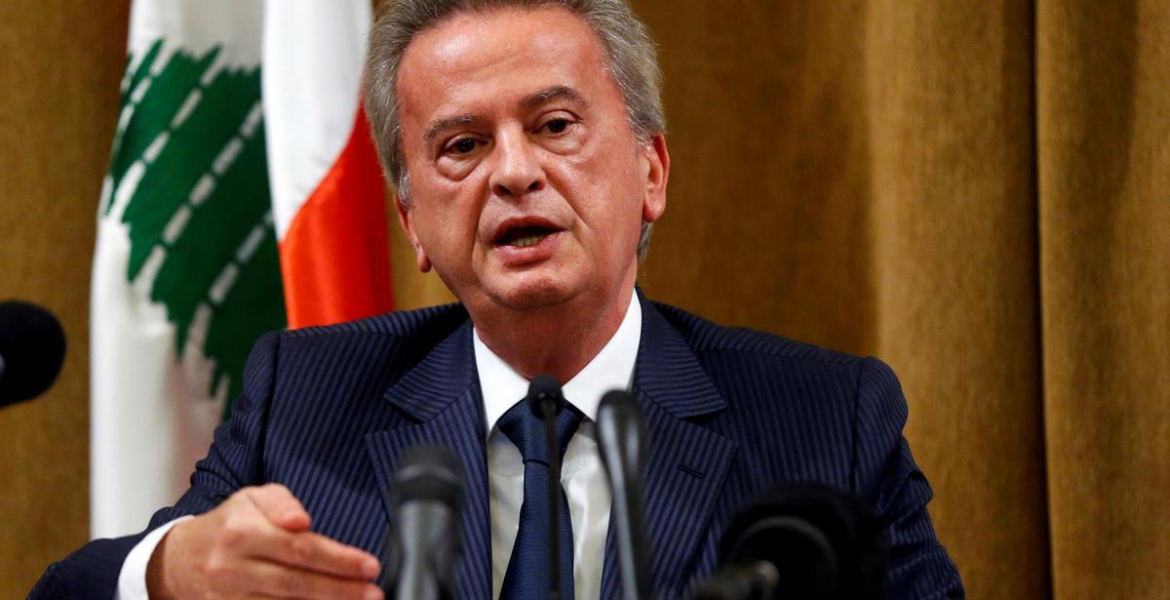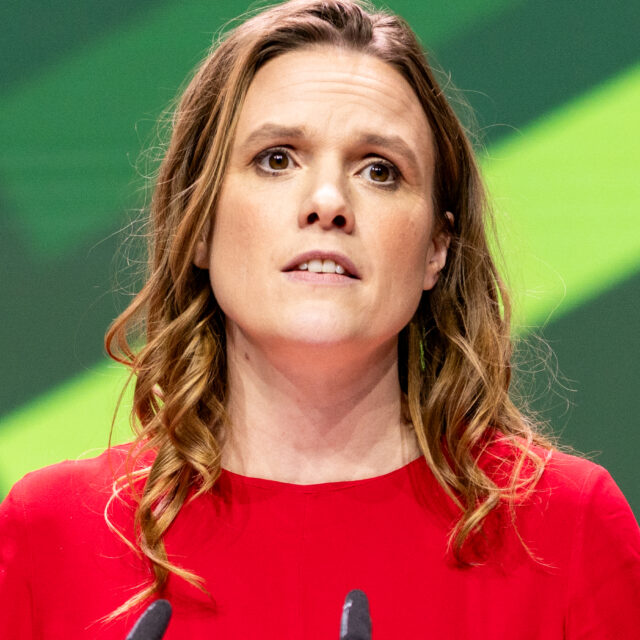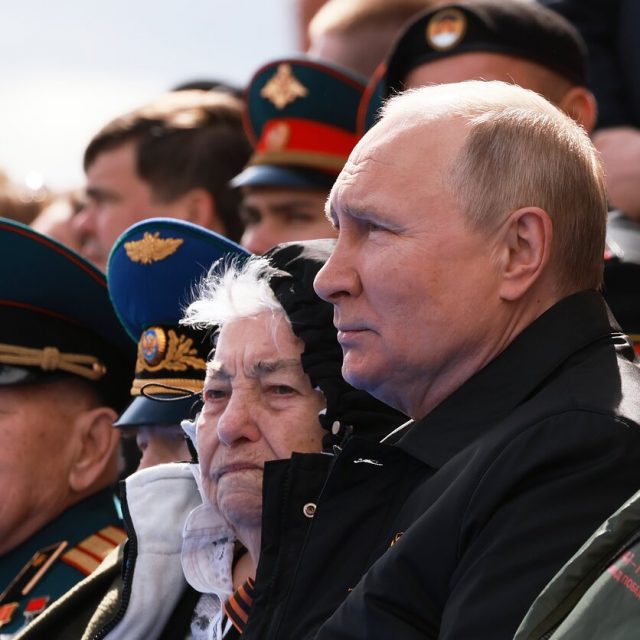Lebanon’s Central Bank Governor has spoken up about a “systematic campaign” against him by Hezbollah-backed PM Hassan Diab
Riad Salameh, Governor of Lebanon’s Central Bank, spoke out today in a one-hour long video conference. He addressed the “systematic campaign” against him, which is widely thought to have been driven by Hezbollah.
Mr Salameh was responding to accusations made by Lebanon’s Hezbollah-backed Prime Minister Hassan Diab last week in which he blamed the governor responsible for Lebanon’s economic situation, even hinting that the governor has intentionally engineered the crash of the pound. Criticism of Mr Salameh has also come directly from the Iran-backed Shi’ite group Hezbollah in recent days, as well as Gebran Bassil, the former foreign minister and part of the Christian Free Patriotic Movement (FPM), also allied with Hezbollah.
Mr Salameh, who has governed the Central Bank since 1993, said his actions had all been directed at maintaining Lebanon’s monetary stability in the face of various crises over the past years. He reminded politicians that although the Central Bank funded the government, it is actually politicians who spent the money. He also spoke of politicians repeatedly reneging on promises of reform.
Mr Salameh used today’s video conference to firmly reject Prime Minister Diab’s accusations that he had been “opaque”, reminding the Prime Minister that he had handed over requested information to the prime minister on April 20. Mr Salameh also confirmed that the Central Bank currently has 20 billion dollars in reserves and reassured citizens that their bank deposits were safe and that the state would not intervene to take a cut of their money to cover its debts.
Mr Salameh also gave an overview of the bank’s practices, explaining that its policies of financial engineering, which critics say resulted in Lebanon drawing dollars to the country at too high a price, has in fact helped to buy time to enact reforms to put the state finances on a sustainable footing. He said: “This engineering, we were forced to do it to buy time for Lebanon, so Lebanon could reform, he said, adding that it was “not the responsibility of the central bank” if the state failed to enact agreed reforms.
Despite the politicised attacks at home, Mr Salameh is well-regarded by the international community as having taken prudent decisions at what has been an especially challenging time for the country.
There can be no doubt that Lebanon’s challenges are deepening. Recent days have seen violence, with hundreds of protesters in the northern city of Tripoli clashing with troops until late Tuesday night, and injuries on both sides. The economic crisis is only compounded by the coronavirus and the weeks-long virus lockdown.
At a time of such acute challenge, the country once again falls victim to the sway of the Iran-backed Hezbollah. Their influence inside Lebanon is well-documented, including their current political control. It seems their power extends beyond the political and now reaches into the financial and economic realm. It would be a tragedy for Lebanon if, just when they need the competent and prudent Mr Salemeh the most, he falls victim to Hezbollah, most likely as retribution because he respected international sanctions against the Iran-backed organisation. This small country, of whom we ask so much in terms of the disproportionate burden of refugees they take, deserves a better outcome than this and public opinion is reportedly reflecting this after Mr Salameh’s presentation today.




